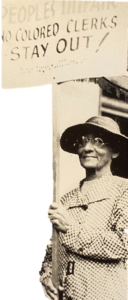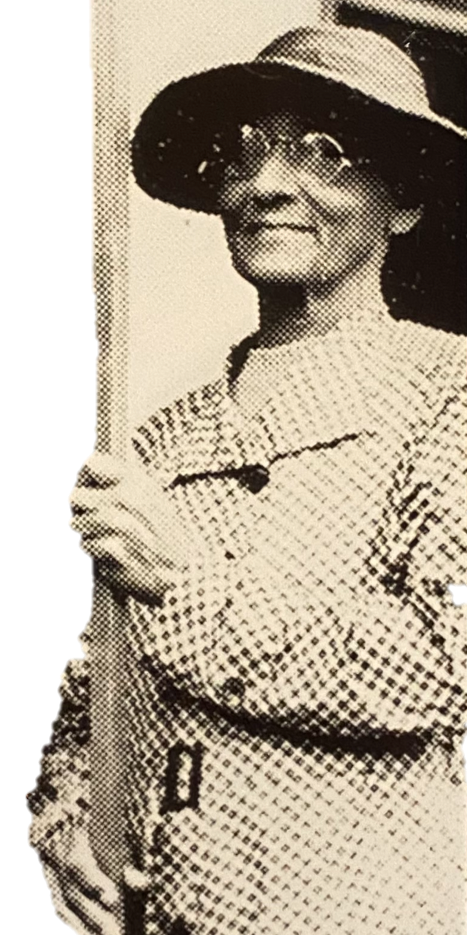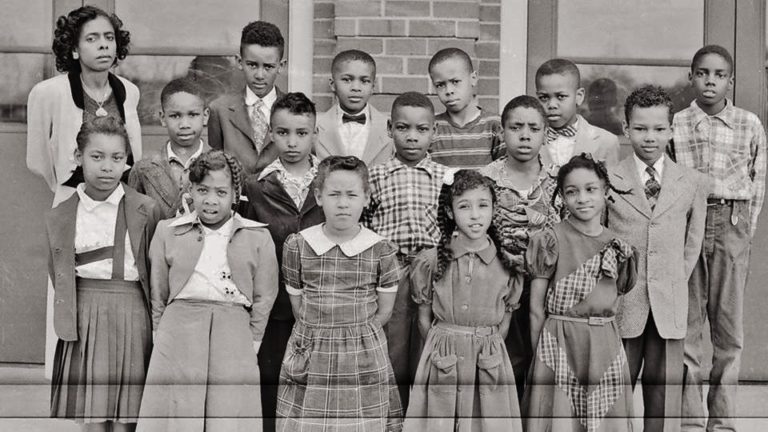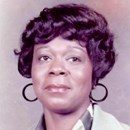Knoxville Black Women in History
With the interruption and closures of non-essential businesses Beck Cultural Exchange Center offers this tribute to Knoxville’s Women’s History Month.
KNOXVILLE, TN (March 31, 2020) – Women’s History Month is a celebration of women’s contributions to history, culture, and society. National celebrations began in March 1981 as “Women’s History Week.” In 1987 the month of March was designated as “Women’s History Month.” Women’s History Month is a dedicated month to reflect on the often-overlooked contributions of women.

ROBERTA CHILD HASTIE
Roberta Child Hastie, (1875-1952) a gifted college-trained schoolteacher, educated at Fisk University and Talladega College, moved to Knoxville, Tennessee with her husband William Henry Hastie II (1865-1921) where she taught at Knoxville College. Roberta Child Hastie was a model of unrelenting resistance to the unequal and separate status of African-Americans in the twentieth century. A relative remembered her as being “… a live wire; Civil rights-minded; and of Very strong character.”

This civil-rights advocate is the mother of Judge William H. Hastie III (1904-1976) who was born in Knoxville, Tennessee.
Their son is Judge William H. Hastie III who was appointed by President Franklin D. Roosevelt to the District Court of the Virgin Islands in 1937, making him the first African-American Federal Judge in the United States. Later, as Dean of Howard University School of Law, one of his students was Thurgood Marshall, who led the Legal Defense Fund for the NAACP and was appointed as a United States Supreme Court Justice.
History is important. The past holds answers to the present and solutions to the future. It compels us to think, it provokes us to question, it challenges us to seek and, ultimately, it changes us.
As we reflect on some extraordinary women in our history, we invite you to do the same. Who are the amazing women in your family? What are their contributions? Share your story.
While we are home practicing social distancing, we challenge you to seize the opportunity to reflect on your history. Examine letters, articles, artifacts, the family bible (you may find the first hair-cut clippings, first pulled tooth or life insurance policies) and more.
Research, talk, text, email and gather data. Record the voices of those who lived in history. Oral history is critical to the authentic story. Then, share your story. Feel free to share your story with Beck. They will become part of the Beck Archives and will be well-looked-after for generations to come.
Submitted by Beck Cultural Exchange Center, 1927 Dandridge Avenue, Knoxville, TN 37915. Email, BeckCenter@beckcenter.net; visit BeckCenter.net; or call, 865-524-8461.









Oh Wow, Thanks! This is a Great piece of History. What about every month highlighting a Black Woman from Knoxville?